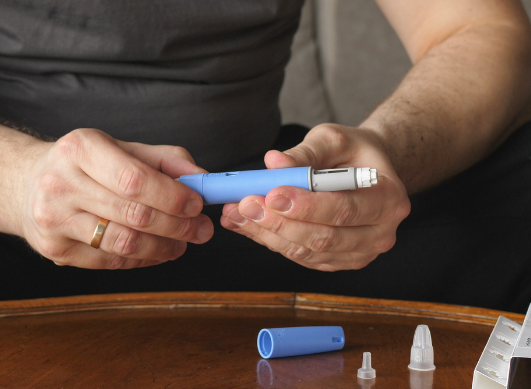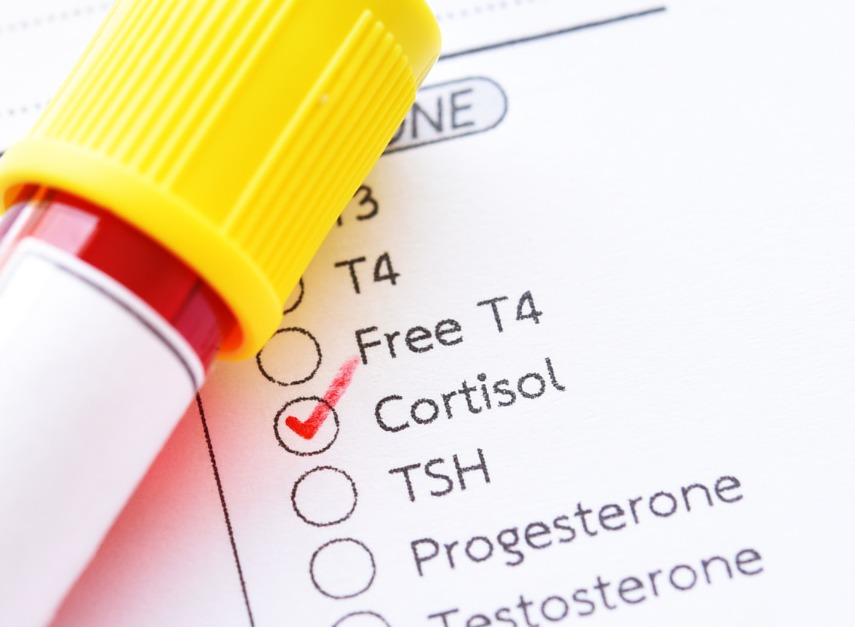How to avoid nutritional deficiencies after bariatric surgery?
Published Jun 22, 2024 • By Candice Salomé
Bariatric surgery is the most effective solution for managing severe or morbid obesity when it persists despite dietary changes and medical supervision conducted over 6 to 12 months.
Candidates for bariatric surgery embark on a long preoperative, surgical, and postoperative journey that lasts a lifetime. Right after the operation, it is important to receive nutritional monitoring to prevent protein malnutrition and micronutrient deficiencies.
But what does this nutritional monitoring involve? Who provides it? What deficiencies might occur?
Let's cut into the matter in this article!

When to consider bariatric surgery?
In cases of extreme obesity, bariatric surgery can be a solution. It is reserved for individuals who:
- Have a Body Mass Index (BMI) > 40 kg/m², or > 35 kg/m² with associated complications such as type 2 diabetes, high blood pressure, or sleep apnea,
- Are aged 18 to 60 years,
- Do not have psychological contraindications,
- Do not present any particular surgical risk.
Bariatric surgery is only considered if the patient has attempted to lose weight through several months of specialized medical care (dietary follow-up, physical activity, psychological support) without success.
Additionally, surgery can only be considered when nutritional and vitamin deficiencies, and potentially malnutrition, have been corrected.
Bariatric surgery is a decision that must be made following discussions between the primary care physician, the surgeon, the endocrinologist, the nutritionist, and the psychiatrist (or psychologist).
Before the operation, the patient must commit to a long-term postoperative follow-up program.
There are several possible operations:
- Restrictive surgical interventions such as adjustable gastric banding or sleeve gastrectomy,
- The mixed procedure known as gastric bypass.
How to eat after bariatric surgery?
After the operation, upon discharge from the hospital, a rest from work for 15 days to 1 month is prescribed. Eating must resume very gradually and can be painful at first.
To avoid these pains and also vomiting, food intake must be divided into small portions. Initially, the diet should be liquid, then puréed.
It is recommended to stop eating at the first signs of discomfort and not to drink during meals.
Nutritional deficiencies related to weight loss are common and must be closely monitored.
What are the risks of deficiencies after bariatric surgery?
A significant number of candidates for bariatric surgery have deficiencies before the operation. These deficiencies are mainly in iron, vitamin D, B vitamins, zinc, and selenium.
They are particularly linked to a diet of low nutritional density, previous restrictive diets, and reduced bioavailability of fat-soluble micronutrients.
After bariatric surgery, these deficiencies can worsen, and new ones may emerge due to the persistent reduction in food intake, the occurrence of vomiting, or intolerance to certain foods (such as meat). Additionally, physico-chemical changes can influence digestion and absorption (reduced gastric acidity, surgical exclusion of absorption zones, delayed contact between digestive enzymes and the food bolus).
Thus, the deficiencies that may occur after the operation are correlated with the extent and speed of weight loss, the existence of preoperative deficiencies, and the type of surgery chosen.
What postoperative follow-up is necessary after bariatric surgery?
To ensure the benefits of bariatric surgery are long-lasting and to avoid side effects (deficiencies, malnutrition), postoperative medical follow-up of patients is essential.
Nutritional and psychological follow-up, as well as physical activity, are crucial for the success of the operation. The goal is to prevent long-term weight regain.
This multidisciplinary follow-up is organized by the primary care physician in coordination with the medical-surgical team. It lasts a lifetime and includes:
- Four consultations with the medical-surgical team (surgeon and endocrinologist) during the first year, then one to two consultations per year for the next two years. If all goes well, the follow-up becomes less frequent.
- Regular consultations with the primary care physician.
Additionally, vitamin supplementation, particularly vitamins D, B12, and iron, is essential after a gastric bypass or sleeve gastrectomy. After the placement of a gastric band, this supplementation will be decided based on biological results.
Was this article helpful to you?
Give it a "Like" and share your thoughts and questions with the community in the comments below!
Take care!
Sources :Surpoids et obésité de l'adulte : suivi, médicaments et chirurgie, Amelie
Avant, pendant et après, comment se passe une chirurgie bariatrique ?, Deuxième avis
Suivi de la chirurgie bariatrique : anticiper carences nutritionnelles et complications, Société Francophone du Diabète
Chirurgie bariatrique : les risques de carences en vitamines, Madietenligne

 Facebook
Facebook Twitter
Twitter


